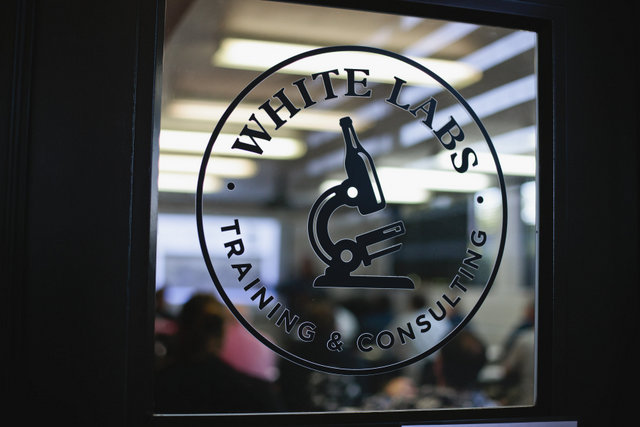
Getting the most from your culture is a multi-stepped endeavor. One of the most import steps (let’s call it step No. 2) is understanding when to harvest and then properly store your beer yeast until you are ready to pitch. This is the onus of White Labs’ latest seminar — Yeast Essentials 2.0 — being held in San Diego (August 16-17)
“In this class, we’ll discuss some of the key factors in storing yeast under ideal conditions,” explained Erik Fowler, education and engagement curatort with White Labs. “When we talk about yeast storage, our main objective is to keep metabolic activity to an absolute minimum to preserve viability and vitality. We’re focusing on three key components to do this: time, temperature and glycogen storage.”
Let’s dive into these three
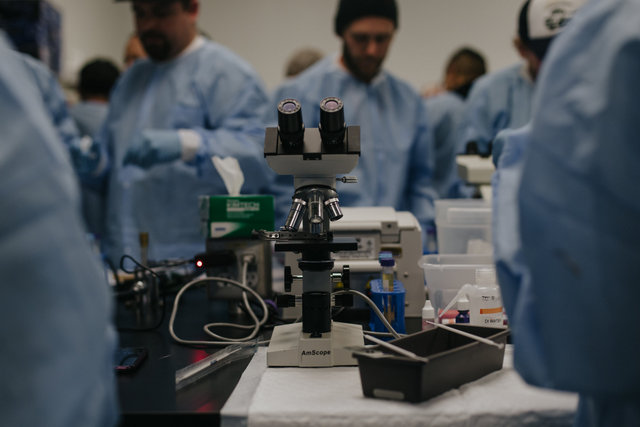
Time: The key is to store your yeast for the shortest time possible. The longer you store the yeast, the more detrimental these conditions are to the health and viability of the culture. A general rule of thumb is to reuse the yeast as soon as possible, within a week or sooner. Results will vary depending on storage conditions, generation and yeast strain, so getting to know your strains’ behaviors is highly recommended.
Temperature: Temperature is key in preserving your yeast health. Yeast is best stored at 2-4°C to minimize metabolic activity. Warmer temperatures will promote metabolic activity which will deplete its resources, while too cold you run the risk of freezing the yeast.
Glycogen storage: You also want to be mindful of the yeast’s glycogen reserves. Glycogen is produced once yeast starts running out of sugars and nutrients. It is the major carbohydrate reserve that the yeast stores in case of emergencies, just like in humans. This helps yeast sustain periods of time not in use and also helps it get started in a new fermentation. Over time, yeast will use all of its glycogen if stored for too long.
What’s the deets on this Yeast Essentials 2.0 class?
Date: August 16-17
Location: San Diego| Webinar Available
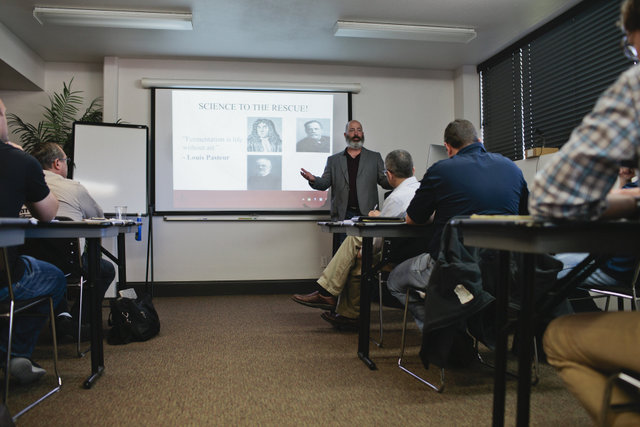
Are you interested in gaining a more in-depth knowledge of yeast? Join us at our San Diego location or online through our webinar for a two-day workshop where we will explore fermentation control points, tips for maintaining optimal yeast performance and how to develop desired yeast flavor compounds. Attendees will learn methods for off-flavor detection and sensory evaluation techniques of different strains, as well as how to properly troubleshoot different fermentation problems. The Yeast Essentials 2.0 workshop includes two hands-on lab components that will cover details on setting up a lab and quality control programs along with general lab techniques to improve your brewing operations. In our interactive sections, the general lab skills that put your QC knowledge into practice will be taught under the direction of White Labs’ talented lab staff. **Please note, the lab portion will not be available through the webinar.
Those wanting more hands-on experience can also sign up for Lab Practicum: Putting Your Yeast Essentials 2.0 Knowledge to Work on August 18, where attendees will have the opportunity to further review and practice the topics covered during lectures and lab portions of Yeast Essentials 2.0 in an intimate, small-group setting.
Sign up for Yeast Essentials 2.0 by July 17 to save $50.
White Labs is also offering a webinar version of this workshop for the cost of $400. Early-bird pricing is $350 and ends on July 17. The interactive lab sections are not available with the webinar. Each day of this workshop, the webinar will be broadcast live from 9:00 a.m. to 12:00 p.m.
Breakfast and lunch will be provided to in-person attendees.
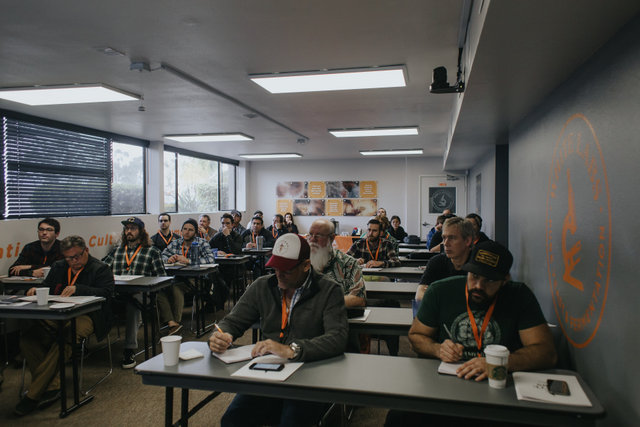


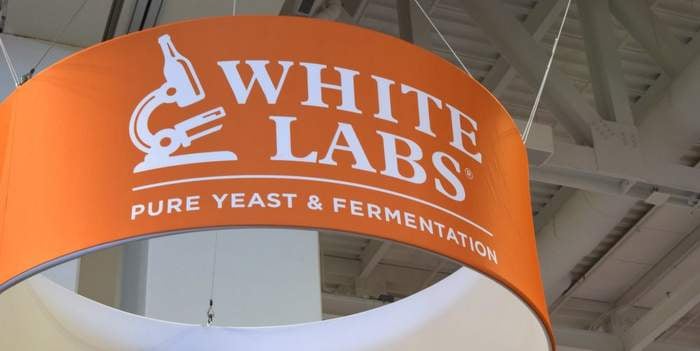
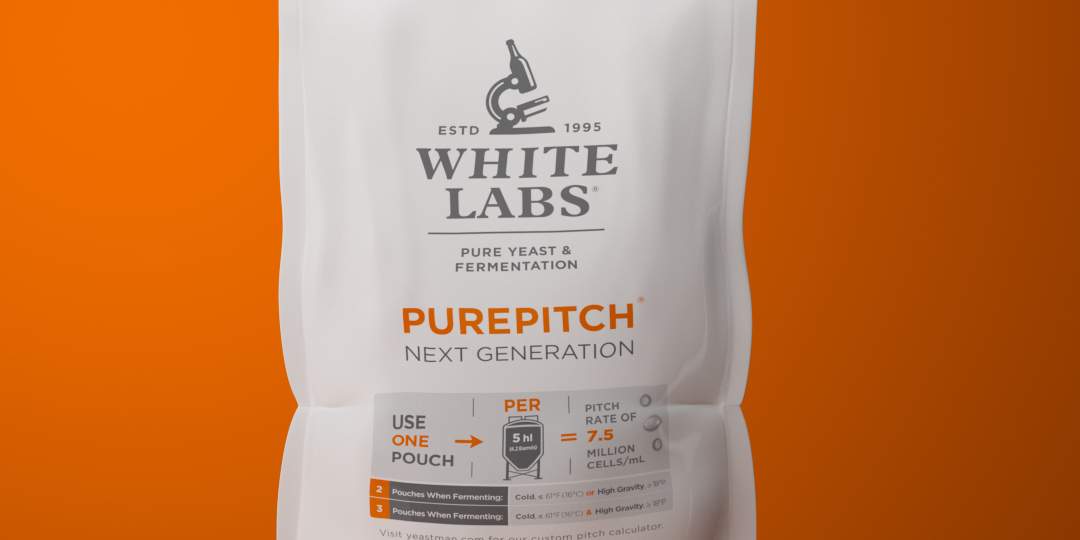
Leave a Reply
You must be logged in to post a comment.